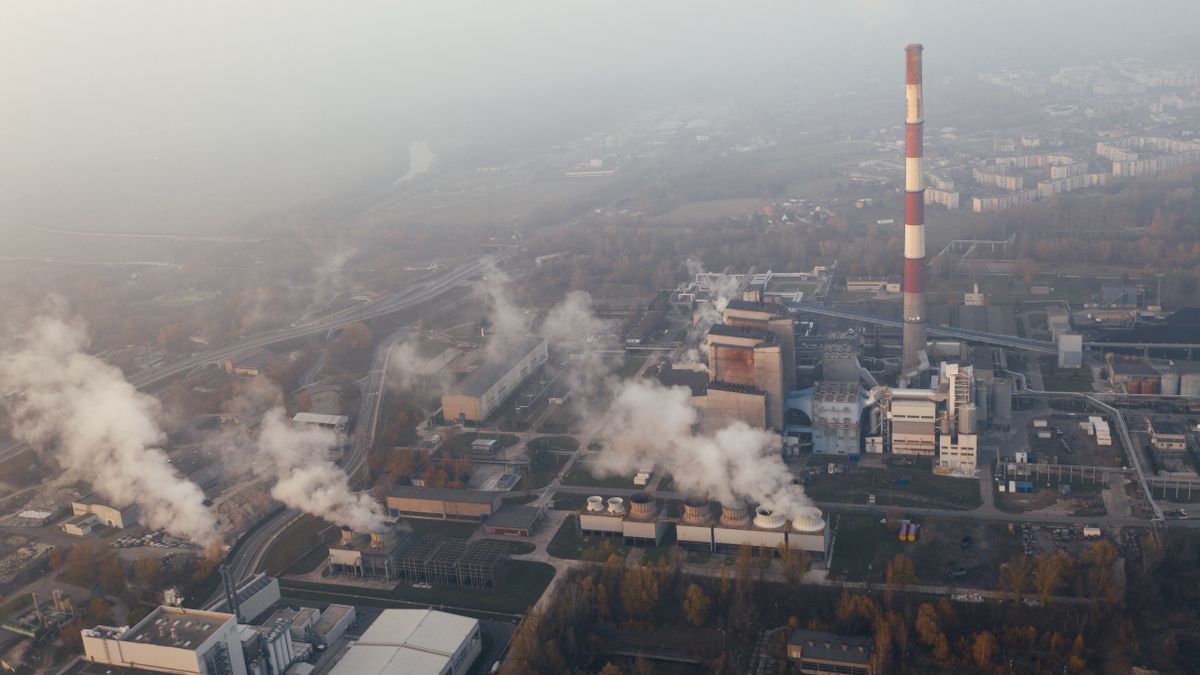JAKARTA - Metaverse or better known as the virtual world is here to lighten human life, starting from work, education and entertainment. Now, new findings say it can change the environment.
According to scientists, the metaverse can also have environmental benefits by lowering the global surface temperature to 0.02 degrees Celsius before the end of this century.
They try to understand, from an energy and climate perspective, how this particular technology will help. Basically, scientists are trying to predict the future.
Armed with Artificial Intelligence (AI)-based modeling, scientists analyze data from key sectors, such as technology, energy, environment, and business.
This is done to anticipate the growth in the use of the metaverse and the impact of its most promising applications.
It's like remote work, virtual travel, distance learning, games and non-exchangeable tokens (NFT).
Scientists project the expansion of the metaverse through 2050 along three different trajectories, namely slow, medium, and fast to find out how fast the adoption might be.
The paper was led by Cornell University doctoral student Ning Zhao and was also written by senior author Fengqi You, Professor total E. and Michael J. Zak.
One thing that surprised us was that this metaverse would grow faster than we expected. Now we are really in the era of technological explosions. Think about our smartphones. They grow very fast," You said.
また読む:
Research results show that in 2050 the metaverse industry has the potential to reduce greenhouse gas emissions by 10 gigatons, lower atmospheric carbon dioxide concentration by 4.0 parts per million, reduce effective radiation forces by 0.035 watts per square meter and a total lower domestic energy consumption by 92 EJs.
All those cuts surpassed the annual national energy consumption of all sectors of end use in previous years, as quoted from Cornell University's official website, Saturday, June 17.
Thanks to metaverse-based remote work, distance learning, and virtual tourism can be promoted to improve air quality.
In addition to reducing air pollutants emissions, reducing transportation and using commercial energy can help change the way energy distribution is, with more energy supply towards the housing sector.
These findings can help policymakers understand how the growth of the metaverse industry can accelerate progress towards achieving net-zero emissions targets and spur more flexible decarbonization strategies.
The study was published in a paper entitled, Growing the Metaverse Sector Can Reduce Greenhouse Gas Emissions by 10 GT CO2e in the United States by 2050,' published June 14 in Energy and Environmental Sciences.
The English, Chinese, Japanese, Arabic, and French versions are automatically generated by the AI. So there may still be inaccuracies in translating, please always see Indonesian as our main language. (system supported by DigitalSiber.id)

















